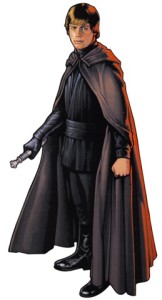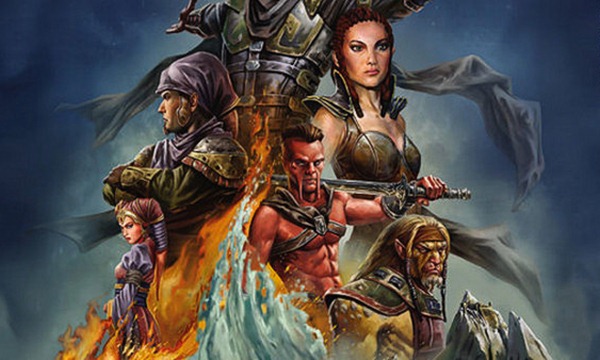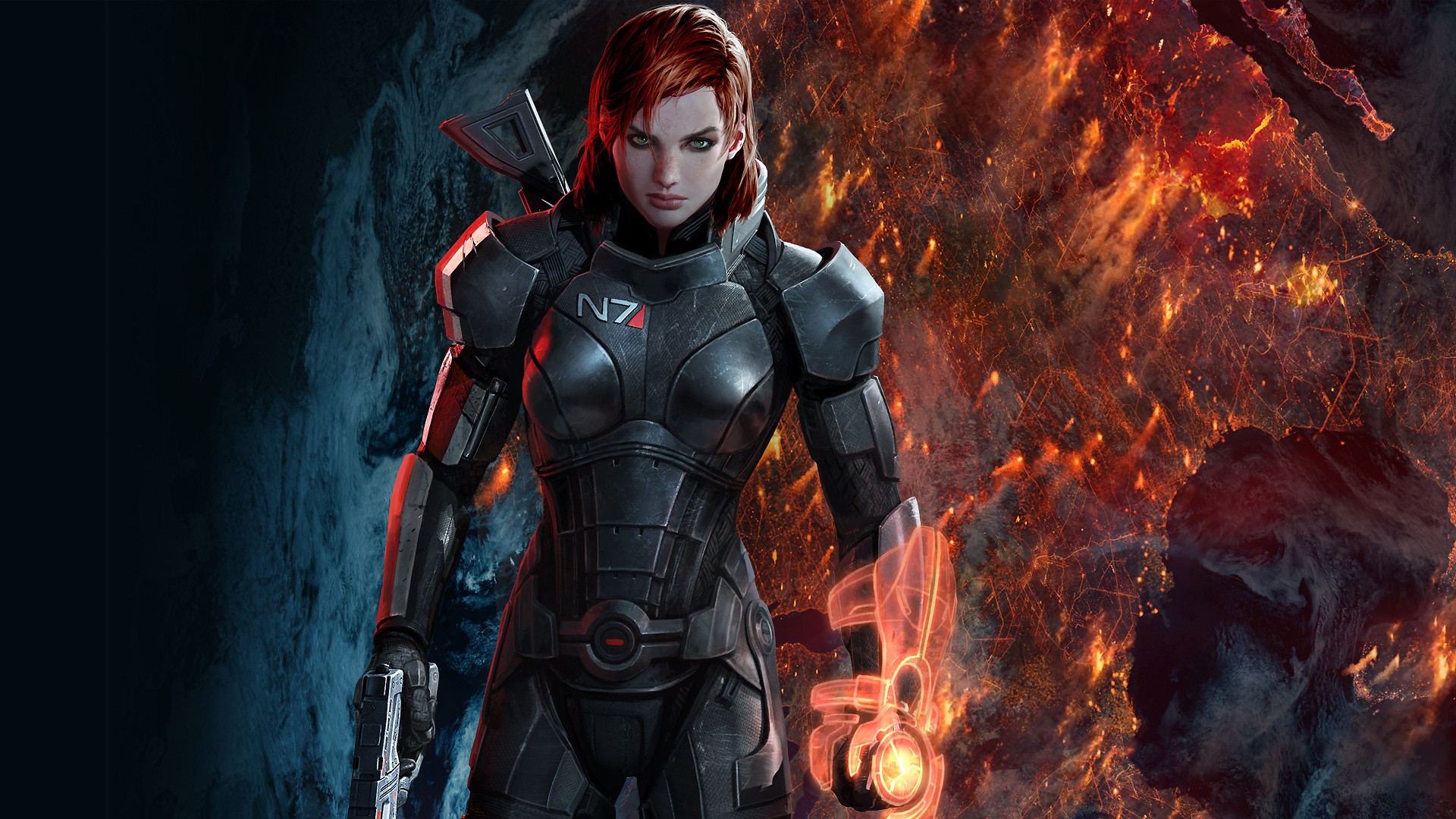
Thousands upon thousands of words have been written about the effect the TV series The Clone Wars had on Star Wars continuity—many of them, naturally, by your friendly Eleven-ThirtyEight staff. But one thing TCW missed out on that most people don’t talk about anymore was the one-of-a-kind opportunity Lucasfilm had the first time around—to tell one continuing story straight though from Attack of the Clones to Revenge of the Sith; and in real time, to boot. On August 20, coincidentally one day after yesterday’s Second Look pick, Ben Crofts published a look back at this awesome experience:
“What Lucasfilm (LFL) seemed to realize is that they had a unique opportunity here, to tell the stories of the Clone Wars, to greatly expand and show the full scale of this vast galactic conflict. A twin track strategy was deployed – Del Rey (DR) would do a series of books, each focusing on particular aspects of the conflict, while Dark Horse Comics (DHC) would spin their own ongoing tale.”
Ben’s retrospective not only served as a reminder of all the great Clone Wars stories that were told the first time around, but also showed us just what could be done with total cross-medium synergy—before then, as Ben points out, the best bridge stories always came out after the fact, once all the details were known. If there’s one area where SW films in the post-Lucas era really have a chance to break new ground, it just might be there. Ben’s full piece can be read here.
 I had a bit of a quandary this month. Eleven-ThirtyEight is only a couple weeks away from its six-month anniversary, and our writing staff has done such a great job of keeping up with our schedule and maintaining a great level of article quality that I decided they’d earned the week of Christmas off. I figured at the time that there wouldn’t be much harm in just letting the site sit still over the holidays, and resuming our usual publishing schedule on the 30th.
I had a bit of a quandary this month. Eleven-ThirtyEight is only a couple weeks away from its six-month anniversary, and our writing staff has done such a great job of keeping up with our schedule and maintaining a great level of article quality that I decided they’d earned the week of Christmas off. I figured at the time that there wouldn’t be much harm in just letting the site sit still over the holidays, and resuming our usual publishing schedule on the 30th.


